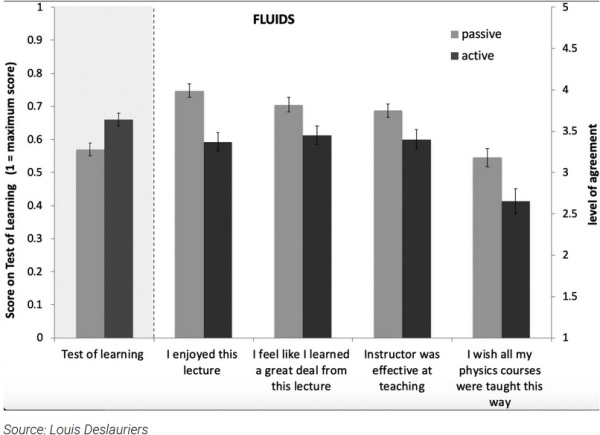Okay, so leaving aside the fact that Kansas City is apparently not in Kansas anymore, here were a couple of the big ILYBYGTH-themed news stories from last week. We’ve got more about school desegregation, Liberty U seceding, vouchers, and LGBTQ+:
School desegregation plans meet fierce opposition from affluent white and Asian parents, at AP.
I heard a lot of things said during these meetings which sounded almost verbatim like the things that were said in the ’50s and ’60s and ’70s to prevent the integration of schools in Richmond and around the country.
 New from Falwell: A new plan to secede from Virginia and join West Virginia. At RNS.
New from Falwell: A new plan to secede from Virginia and join West Virginia. At RNS.
“Many counties (in Virginia) are taking a long hard look at escaping the barbaric, totalitarian and corrupt Democratic regime that is trampling on individual rights throughout the state,” Falwell said.
It’s getting harder and harder to oppose full rights for LGBTQ+: Fifth Third Bank announces it will no longer donate to a Florida charter-school program. Why? Because some schools were accused of anti-LGBTQ bias. At FlaPol.
Larry Cuban: What tech can’t do in classrooms.
no piece of software, portfolio of apps, or learning management system can replace teachers simply because teaching is a helping profession like medicine and psychotherapy. Helping professions are completely dependent upon interactions with patients, clients, and students for success. . . . Designers and entrepreneurs overestimate their product’s power to make change and underestimate the power of organizations to keep things as they are.
Making the case for Espinoza, at L&L.
It is not unreasonable for the Montana Supreme Court to conclude that the state’s scholarship program violates the state’s Blaine Amendment, but there is every reason to conclude that the State’s Blaine Amendment violates the Free Exercise Clause. States should not be able to discriminate on the basis of religion unless they have a compelling reason to do so, and there is certainly no compelling reason in this case.
- Our ILYBYGTH position: schools should remain what Americans in the 1800s called “non-sectarian.”
- AND: States have not only a right, but a duty to exclude religious schools from tax-funded programs. Here’s why, at ILYBYGTH.
The weird politics of religious discrimination in today’s SCOTUS, at Atlantic.
But for Montana, to hear conservative justices tell it, the sin of religious bigotry is the mark of Cain, a stain that can never be completely washed out. The state’s educational system must be changed at once to atone for the 1889 no-aid provision. In fact, its guilt is so profound that it must revive a defunct school-scholarship program that included religious schools.
The new (old) eugenicism, at AS.
[Bret] Stephens’s line of argument displays a particularly problematic use of science (or at least an appeal to scientific authority) as a tool to justify specious claims. . . . The problems with Stephens’s column go well beyond the questionable scientific merit of a cherry-picked article. Much more troubling is the invocation of science as a neutral arbiter of truths about race and intelligence.
 When colleges combine, will non-Christian faculty be purged? At NYT.
When colleges combine, will non-Christian faculty be purged? At NYT.


















